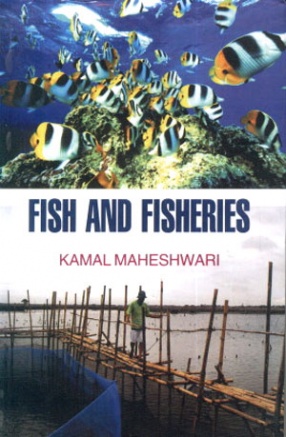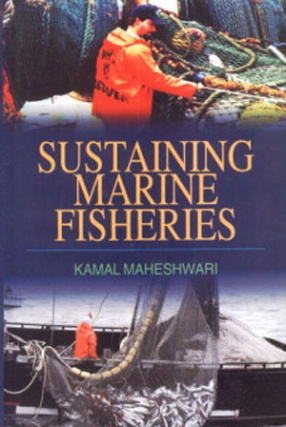
Showing all 3 books




Ecology is the scientific study of the relation of living organisms with each other and their surroundings. Ecosystems are defined by a web, community, or network of individuals that arrange into a self-organized and complex hierarchy of pattern and process. An aquatic ecosystem is an ecosystem located in a body of water. Communities of organisms that are dependent on each other and on their environment live in aquatic ecosystems. The two main types of aquatic ...

Aquaculture also known as aquafarming is the farming of aquatic organisms such as fish crustaceans molluscs and aquatic plants. Aquaculture involves cultivating freshwater and saltwater populations under controlled conditions and can be contrasted with commercial fishing which is the harvesting of wild fish. Mariculture refers to aquaculture practised in marine environments. The most common fish species raised by fish farms are salmon carp tilapia European ...

Marine fisheries supply a major source of protein to the world's population, and they support an industry worth over $85 billion annually. People have fished since the dawn of human history, and over fishing impacts were apparent even in some primitive societies at relatively low population density. Global human population is increasing rapidly, it is likely to roughly double before stabilizing at an estimated nine billion. The average per capita resource use ...
